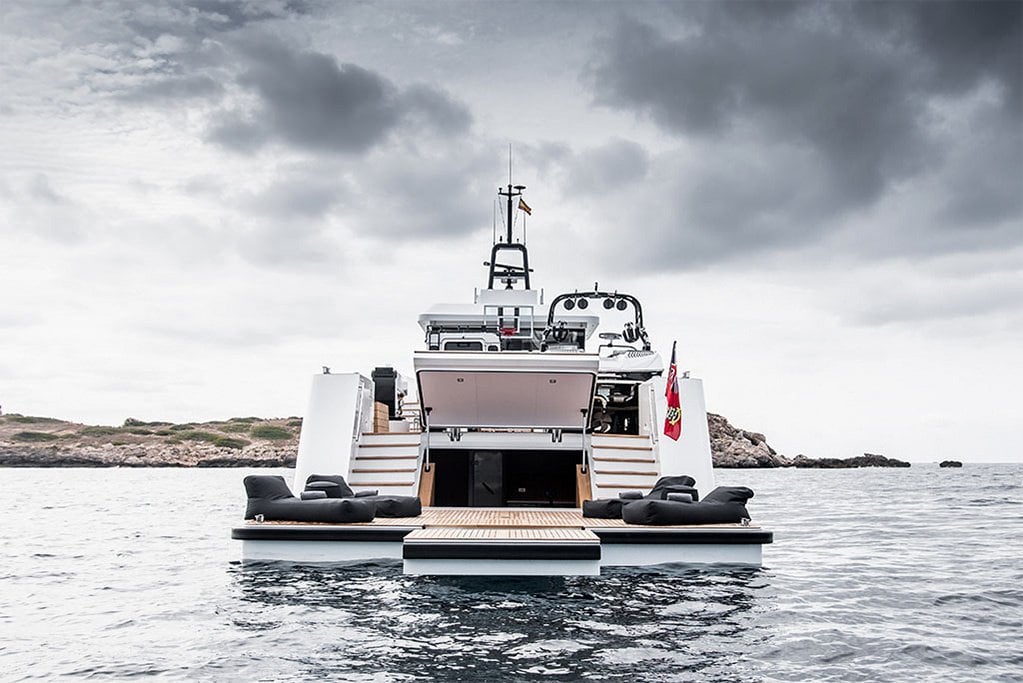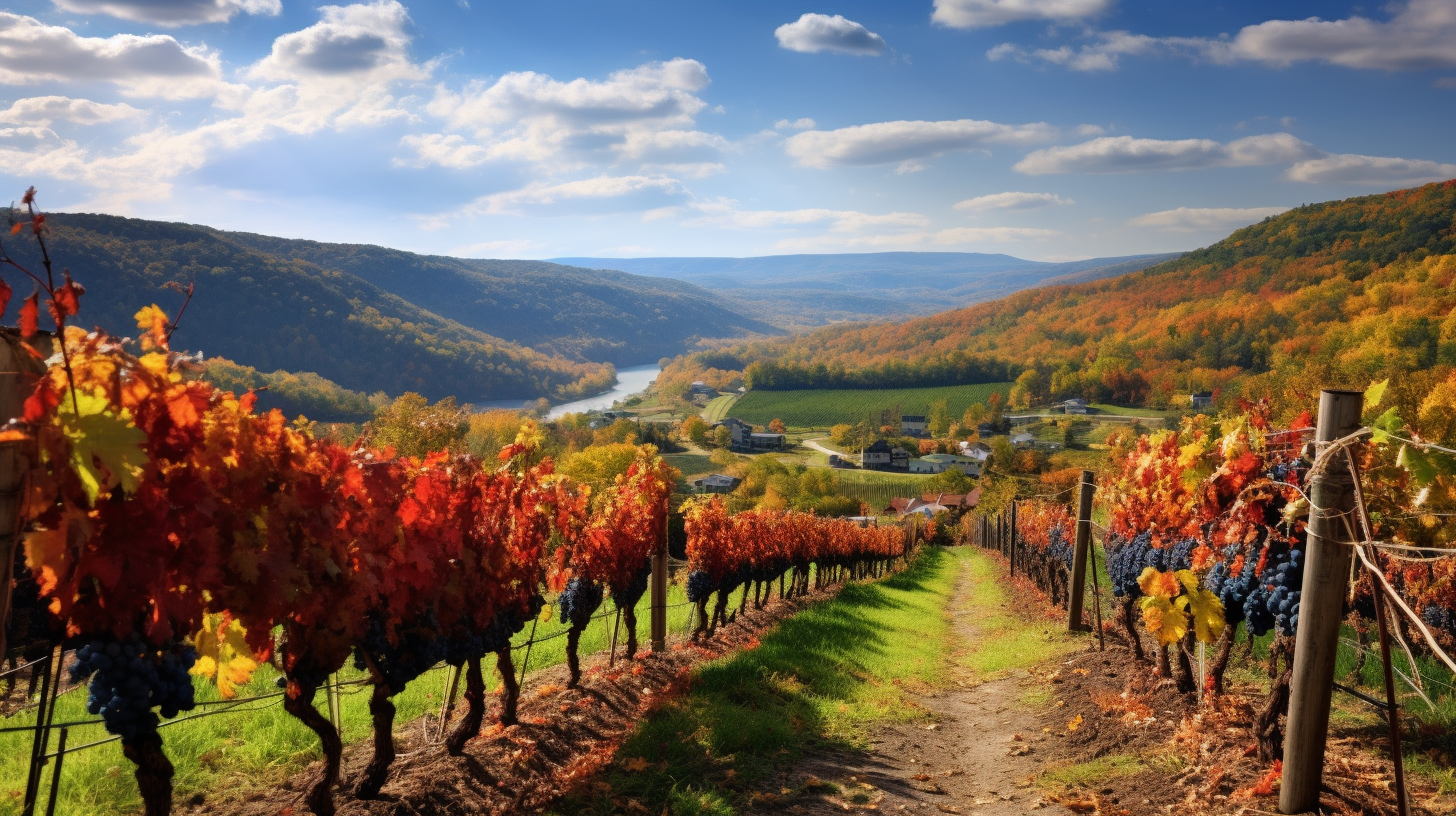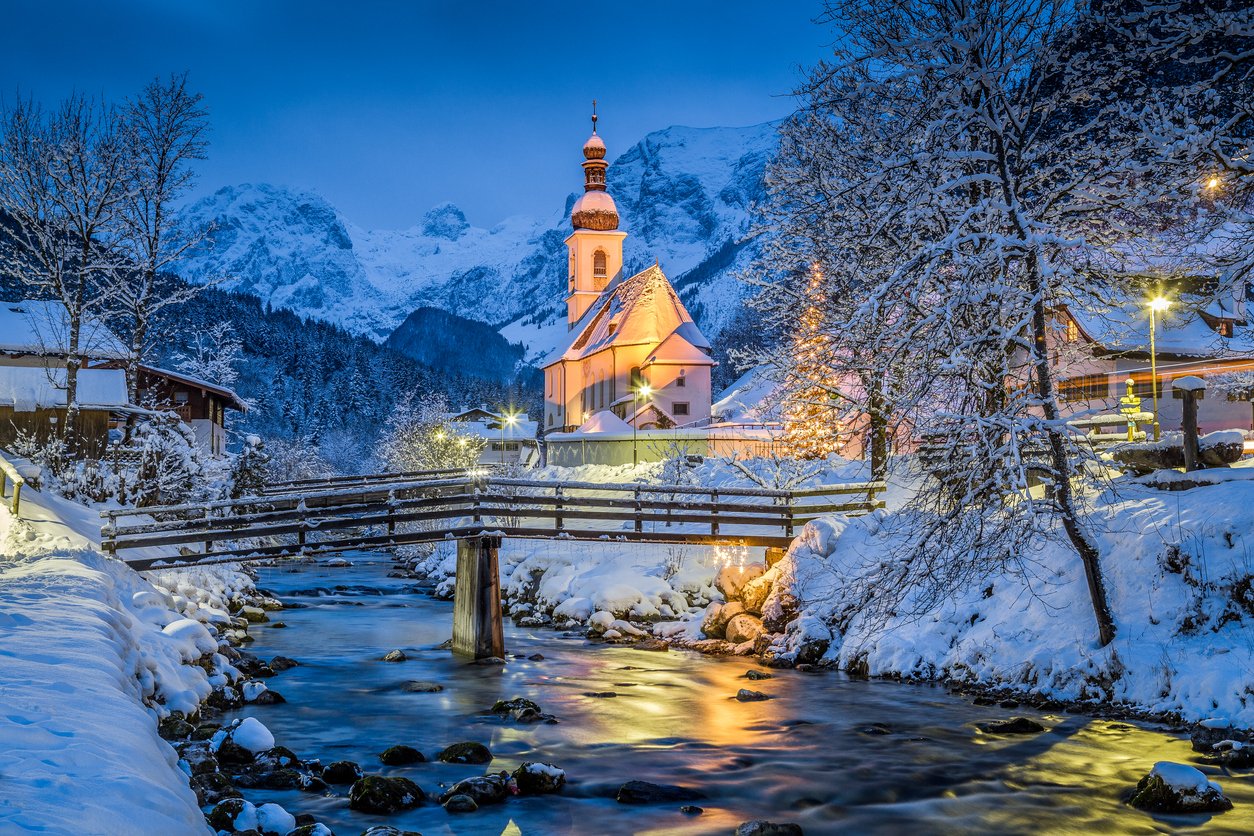Are you thinking about getting away for a few days? Are you wondering if some time in nature is what you need? Are you craving fresh air and a break from mindlessly watching reruns of television shows you don’t even like that much?
You’re not alone. Given everything that has been going on lately, many people are looking for a safe and healthy way to take a little break. Camping can be the perfect solution. However, if you’ve not been camping before, preparing for the trip can feel daunting. The following tips will help you organize and prepare for the perfect camping experience.
Choose Your Location
First, you’re going to want to select where it is you’ll be camping. The world is full of beautiful campgrounds with access to different shades of nature. Pine forests, coniferous forests, lakes, rivers, waterfalls, mountains, deserts, ocean view, etc.
Other things to keep in mind include light pollution, fish and other wildlife populations, hiking trails, availability of rental equipment including canoes, kayaks, and paddleboards, and campground amenities.
Check the Weather and Choose Dates
Look up the weather forecast for the area you’ll be camping in and try to pick a date that has weather you find enjoyable. Some people love rainy days at the campground, but most do not. As well, if the area you’re looking at is close to large bodies of water (like a peninsula) you’ll need to take the weather report with a bigger grain of salt than usual.
If you want an especially magical camping trip, you might want to look up what the stars are up to. Often in places with low light pollution (read this as places further away from the cities), you can witness celestial events more easily. Things like comets, visible planets, meteor showers, etc.
As a side note, if you’re looking for a more social experience, you will want to plan your trip for a weekend as this is when the campground will be more full. If you want a more private experience, just you and your friends and nature, you’ll want to book the trip for a weekday.
Choose Your Camping Buddies and Check-in with Them
Speak to your friends or family who will be coming on the trip. Make sure to ask if anyone has any severe allergies, in particular, those who are allergic to bee stings will likely bring an EpiPen and everyone around should know about it. Other things to ask about include, checking if anyone will need to have cell reception to answer work calls or if there are any special dietary concerns.
Ensure You Have All That You Need
What you’re going to need depends on what activities you’re planning on doing. The most basic things include:
- Tent(s) with sleeping bags, mattress pads, pillows, and blankets. If you’re bringing an inflatable mattress, make sure you take the pump.
- A groundsheet or a tarp, especially if you’re headed to a wetter area.
- Flashlight with spare batteries.
- Bug spray. If chemicals worry you, some alternatives include citronella candles and citronella coils.
- A cooler to store food and drinks in. Even if something does not typically need refrigeration, like bread, you’re going to want to keep your food someplace secure where animals won’t be able to get into it.
- Folding or “camp” chairs.
- Some people prefer campfires, others prefer camp stoves. If you want to bring a stove, also bring fuel.
- Water jugs or water bottles. Some campsites have areas where you can refill your water bottles, some don’t.
- Dishes, pots, pans, and cutlery plus environmentally friendly dish soap. Most campsites frown upon toxic soap being dumped out on site. It’s a good idea to bring a bin to wash your dishes in. If you’re going to be drinking, always bring an extra bottle opener – this is typically the first thing that gets lost while camping.
- Firewood and kindling. Some campsites sell these in nice little packages, some campsites allow you to take fallen brush for your fire, but many don’t. You could also consider bringing a few things that are easy to catch on fire, like paper bags or egg cartons.
- Lighter and/or matches. This is the second most common thing to go missing when camping, ideally, every adult will have two.
- A first aid kit. This is crucial, make sure that yours is up to date.
- Remind everyone to take any medications that they need. Those prone to seasonal allergies should bring some antihistamines, and it’s always a good idea to have a pain reliever on hand.
- Toiletries. It’s important that if you’re bringing soaps or shampoos that these products are biodegradable and natural.
- More toilet paper than you think you’ll need. Many campsites have toilets available, but not all of them. Do your research and plan accordingly.
- A portable generator if you need to charge electronic devices like work phones or tablets for the kids. Some of your camping buddies might be worried about the noise that these machines can create, so looking for the Quietest Portable Generators is a good idea. Many campgrounds don’t allow for louder variations as they disturb the other campers and the wildlife.
- Garbage bags, recycle bags, and grocery bags. You’re going to have garbage that can’t be left in the wilderness, you need to be prepared to take it with you. You also want to be able to store dirty clothes separate from clean clothes.
- Whatever clothing is appropriate. An extra sweater is always a good idea, someone will get cold at night, even if it’s not you.
- Towels, washcloths, paper towels, baby wipes.
- Any activity-specific items you need. Life jackets for boating, bathing suits for swimming, sturdy shoes or boots for hiking, etc. Bring a camera (with fully charged batteries) if you want to take pictures, binoculars if you want to bird watch, fishing equipment if you want to fish.
- More food than you think you’ll need. Because people often partake in physical activities while camping, such as swimming, hiking, and running around during late night manhunt games, they’re often hungrier than normal.
- Sunscreen or sunblock, sunglasses, hats, and SPF chapstick.
- Pet food and dishes. Lots of people take their dogs to camp, this can be wonderful, just make sure your furry friends have what they need as well.
- Throw in a few extra activity-based things, a deck of cards is never a bad thing to have while you’re camping, nor is a beloved book. Smores are always a hit, as are sparklers. Plan some games for the kids like a nature scavenger hunt. Create a playlist with everyone and make sure the songs are downloaded to your device before leaving. Brush up on some scary stories to tell around the fire.
Prepare
Before heading out, set up your tent at least once, so you know how to do it. Prep meals to make eating as simple as possible. Charge batteries for any devices you’ll be bringing along. Look into any licenses you need (fishing or boating licenses for example). As well, if you’re bringing pets, look into tick medication well ahead of time.
Agree on the Rules Ahead of Time
Some people want a complete technology detox as part of their camping experience. Some people want to be able to capture every moment and share it on social media. One of the fastest ways to leave someone miserable on a camping trip is to leave these discussions until you’ve all arrived and buddy number one is blasting techno music from his car, scaring away all the birds, and buddy number two is trying to bird watch.
With these tips in mind, you’re well on your way to having the best possible camping experience. Of course, you’ll want to add whatever suits you and those you are camping with. As with any exterior activity, be prepared to adjust your plans based on the weather, the bugs, or any other surprises you might encounter. Sometimes the best memories come from the times Plan-A failed.





